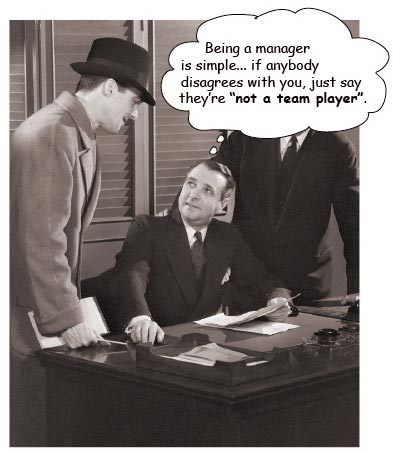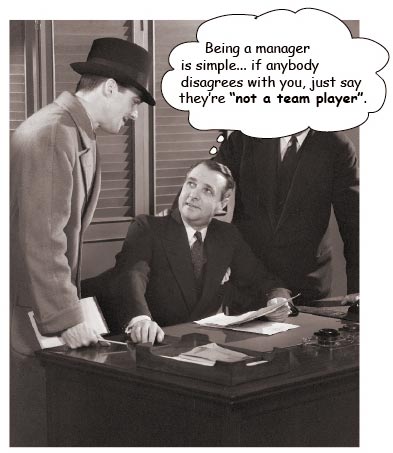Which one is more effective: talking or barking?
When it comes to controlling emotions (temper) it is always easier said than done. But it can be trained and it all starts with creating self-awareness about our emotions. Having such awareness specifically denotes the importance of having a high degree of social & emotional intelligence in the discipline of management (the managing of others, whether employees, business relations or random members of our social circles).
We all know the cliché that is not so much a cliché actually but closer to a fact:
you can’t control something you do not know well
&
you cannot manage others if you can’t even manage yourself.
I try to remind myself that emotions can always choose the rational path of calm words (smart & effective communication) instead of deeds and automatic reactions (impulsive communication). But our emotional reactions are naturally faster than our rational considerations. That’s a bio-physiological fact we can’t do much about, but can only tame gradually through training and lots of practice.
If you think about it, you can always TALK about your emotions; how angry, disappointed, misunderstood, tensed, worried or impatient you are about a certain employee’s attitude or performance, instead of BARKING OUT these emotions.
But the problem of emotions control often arises when:
- We think that our true thought/position in a certain situation can only be fully communicated, understood & respected by others when it is accompanied by emotion.
- We think that others will only take us seriously when they see our emotions (which can be true by the way depending on your audience and their level of social intelligence)
- Talking is viewed as a sign of weakness (culturally or group-collectively) and barking as a form of strength (also, culturally or group-collectively).
- We are not the talking type that releases regularly and timely but the type that bottles up impressions about others until they evolve into powerful untameable emotions that erupt at once like a volcano in the most poorly-timed & destructive manner!
Controlling emotions does not necessarily imply suppressing them, but rather channelling them to reach effective communication. That’s why a face-to-face setting is usually preferred in solving conflicts, with as less external factors as possible influencing the calm & effectiveness of communication.
Communication is best served when conducted in a rational manner based on words and voiced thoughts that describe our emotions clearly & constructively, instead of uncontrolled eruptions that describe our words and thoughts poorly & destructively.































